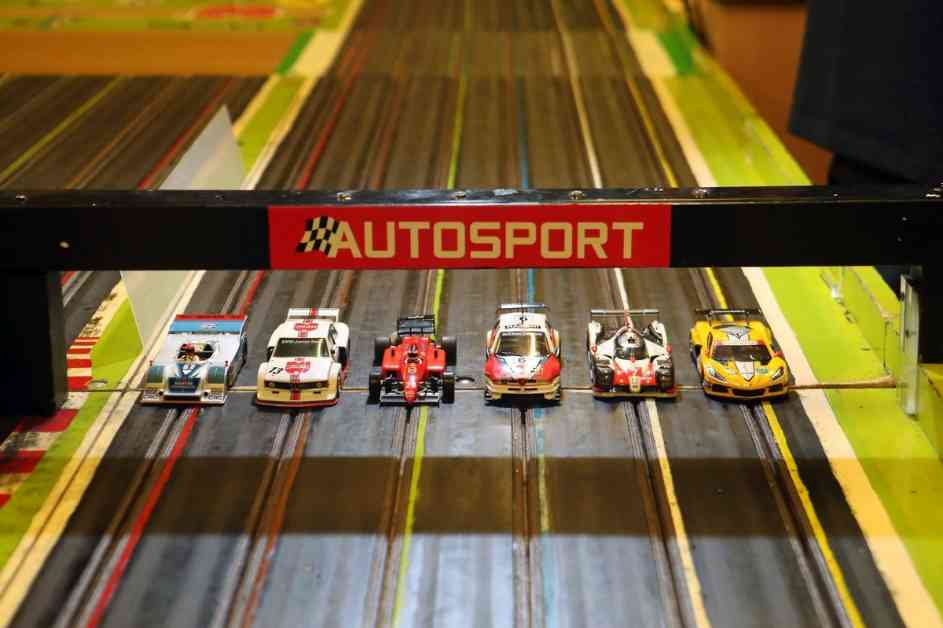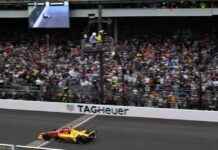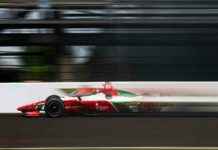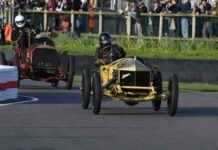Tom Howard: From Scalextric Enthusiast to Slot Car Racer
Last Christmas, Autosport gave writer Tom Howard the chance to delve into the world of Scalextric, a beloved childhood hobby. Little did he know that this simple assignment would lead to a year spent competing in 1/32 scale slot car racing.
After the publication of last year’s double issue, reader Callum Norris reached out to Autosport, suggesting they take their hobby to the next level by joining him at the Larkfield Slotcar Club in Kent. Eager for a challenge, Howard accepted the invitation, stepping into a world that few even realize exists.
The World of Competitive Slot Car Racing
Slot car racing on a giant six-lane track in a village hall is a world away from the casual home setups most are familiar with. According to Larkfield Slotcar Club chairman Nick O’Gorman, it’s like bringing a PlayStation game to life, offering an affordable way to race against others in real life.
At the club, Howard discovered a low-budget motorsport scene that is highly competitive despite the miniature scale. The wooden, six-lane track at Larkfield Slot Car Club is wired into a PC for precise live timing to the thousandth of a second. Lap times range from four to seven seconds, showcasing the speed these tiny cars can achieve.
The Technical Side of Slot Car Racing
Drivers at the club compete in six three-minute heats, accumulating laps across different lanes to determine the overall winner. The club also hosts an Interclub Series, acting as quasi-Kent county championships to pit the best racers against each other.
The cars used for racing are not your typical Scalextric models but specialized machines from manufacturers like NSR, Racer Sideways, and Slot.it, costing around £70-£80 each. Racers spend hours fine-tuning their cars, adjusting everything from motors to gear ratios to gain that competitive edge.
The Thrills and Challenges of Slot Car Racing
Slot car racing requires precision, skill, and a steady hand. Every car drives differently, necessitating adjustments to controllers that can cost up to £300. Achieving the right throttle sensitivity and braking control is vital for success on the track.
For Howard, the journey from novice to podium finisher took seven months of dedication and practice. The close races, adrenalin rush, and camaraderie among club members have made Friday nights at the track a highlight of his week.
In addition to the thrill of competition, slot car racing offers a mental health boost by providing a space to unwind, socialize, and share a passion with a diverse group of individuals. It’s a hobby that transcends age barriers, bringing together enthusiasts from all walks of life.
So, if the high costs of real-world motorsport deter you, consider diving into the world of slot car racing to experience the excitement, challenge, and community it has to offer.












